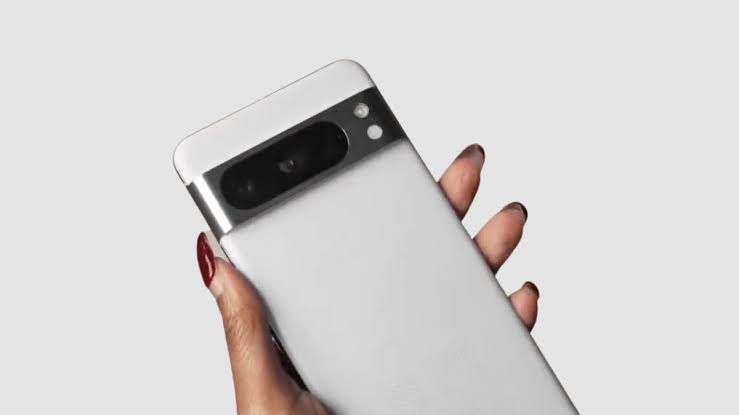The recent launch of Google’s Gemini, an artificial intelligence model that was developed with the intention of bridging the gap between the tech giant and OpenAI, initially generated a positive buzz. Google, on the other hand, found itself in a defensive position as AI specialists dug deeper into the specifics, which caused their enthusiasm to turn into skepticism.

The demonstration, which was uploaded to YouTube and given the title “Hands-on with Google’s Gemini,” presented the artificial intelligence in a way that was visually appealing. There were inconsistencies between the video and the actual details that were posted on Google’s technology blog, despite the fact that the video was presented in a friendly manner. The demonstration, which was presented as a live voice exchange, actually took place over text, and the visual challenges that Gemini addressed were input as images rather than live video feeds. Skepticism was further fueled by the fact that essential hints and prompts were left out.
A lead artificial intelligence engineer named Emma Matthies mentioned that there was a discrepancy between the demo and the blog details. It was brought to her attention that the capabilities of Gemini, in comparison to those of GPT-4 Vision, were not as revolutionary as they had been initially portrayed. In point of fact, just five days after the Gemini demo was officially introduced, an artificial intelligence developer recreated it using GPT-4 Vision, which resulted in an unfavorable head-to-head comparison.
There were also criticisms leveled against Google regarding its benchmark data, particularly with regard to the Gemini Ultra, which is the largest model in the Gemini family. Despite the fact that it asserted that it was superior to GPT-4 in a number of benchmarks, the chosen figures and methodologies raised some ethical concerns. Several different prompting strategies, as well as the emphasis placed on Gemini Ultra, which is not yet available to the general public, contributed to a comparison that was not entirely fair.
The evolving landscape of AI introduces a sense of anticipation, as industry observers weigh the potential impact of Gemini. With its multimodal capabilities, the model offers a glimpse into the future of AI applications across various media formats. As developers explore the intricacies of Gemini, the controversies surrounding its initial presentation underscore the challenges in communicating complex technological advancements to a broader audience. It also prompts a broader conversation about the ethical considerations and responsibilities associated with introducing cutting-edge AI models to the public.
Google’s Gemini is still an impressive accomplishment, despite the presentation problems that have been reported. Because of its multimodal capabilities, it is able to reason across a variety of media, including text, images, audio, code, and other varieties. Even though it is not a particularly distinctive characteristic, the public availability and usability of such models are extremely uncommon, with OpenAI’s GPT-4 controlling the market.
Specifically, Matthies is looking forward to the arrival of a formidable alternative and a close competitor to GPT-4. Richard Davies, who is concentrating on Gemini’s performance as a benchmark, believes that there has been a significant improvement in certain scenarios, despite the fact that cherry-picking of data has been acknowledged.
The future of Google’s Gemini is uncertain because it is dependent on the release date of Gemini Ultra and the GPT-5 that OpenAI has developed. The more advanced Ultra version of Gemini will not be available to users until 2024, despite the fact that users can currently test out Gemini Pro. Given the dynamic nature of AI development, it is difficult to accurately predict the impact that Ultra will have. This presents OpenAI with the opportunity to respond with either a new model or an improved version of GPT-4 technology.
In conclusion, Google’s Gemini presents a mixed bag of difficulties and opportunities, highlighting the importance of conducting critical evaluations in the midst of the rapid evolution of the artificial intelligence landscape.






